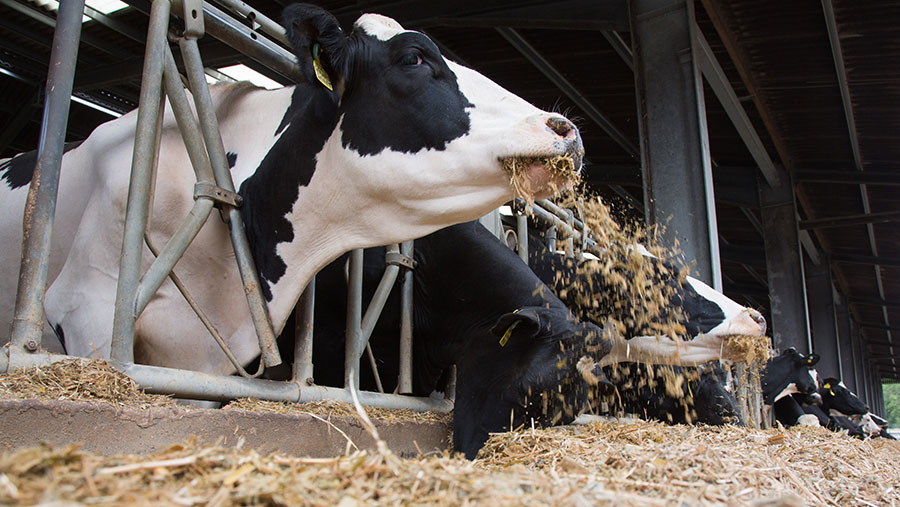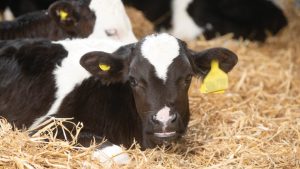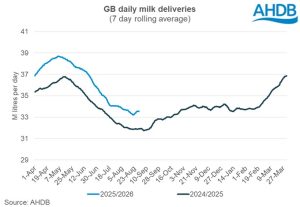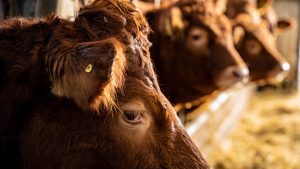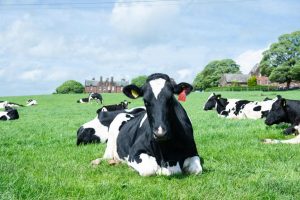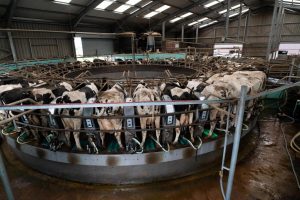
Locking in feed costs by forward purchasing and suspending machinery purchases are just two of 10 things (see “10 prudent steps dairy farmers can take to buffer against Brexit”) businesses can do to help increase available funds, said Edward Lott, partner at Kite Consulting.
Speaking to Farmers Weekly ahead of UK Dairy Day (Wednesday 11 September), he said farmers should look to adopt these steps, even if the EU grants the UK another short-term extension to the Brexit deadline, as the prolonged uncertainty will also be damaging to the industry.
“This is a fast-moving situation, so farmers need to liaise with their suppliers more regularly to keep updated,” said Mr Lott.
Cereals price drop
Feed costs – which make up 30-40% of total dairy enterprise spending – have now fallen back to about the three-year average, after cereal costs plummeted following a large UK wheat and barley harvest.
A weak pound has increased the cost of imported protein, such as soya, but ongoing issues – like the trade dispute between the US and China – is limiting price rises, he said. This means it is a good time to lock in winter feed costs.
The government must be prepared to step in to support dairy producers and the red meat sector in the event of a no-deal Brexit, to shield them from short-term cost increases or price falls, Mr Lott warned.
10 prudent steps dairy farmers can take to buffer against Brexit
